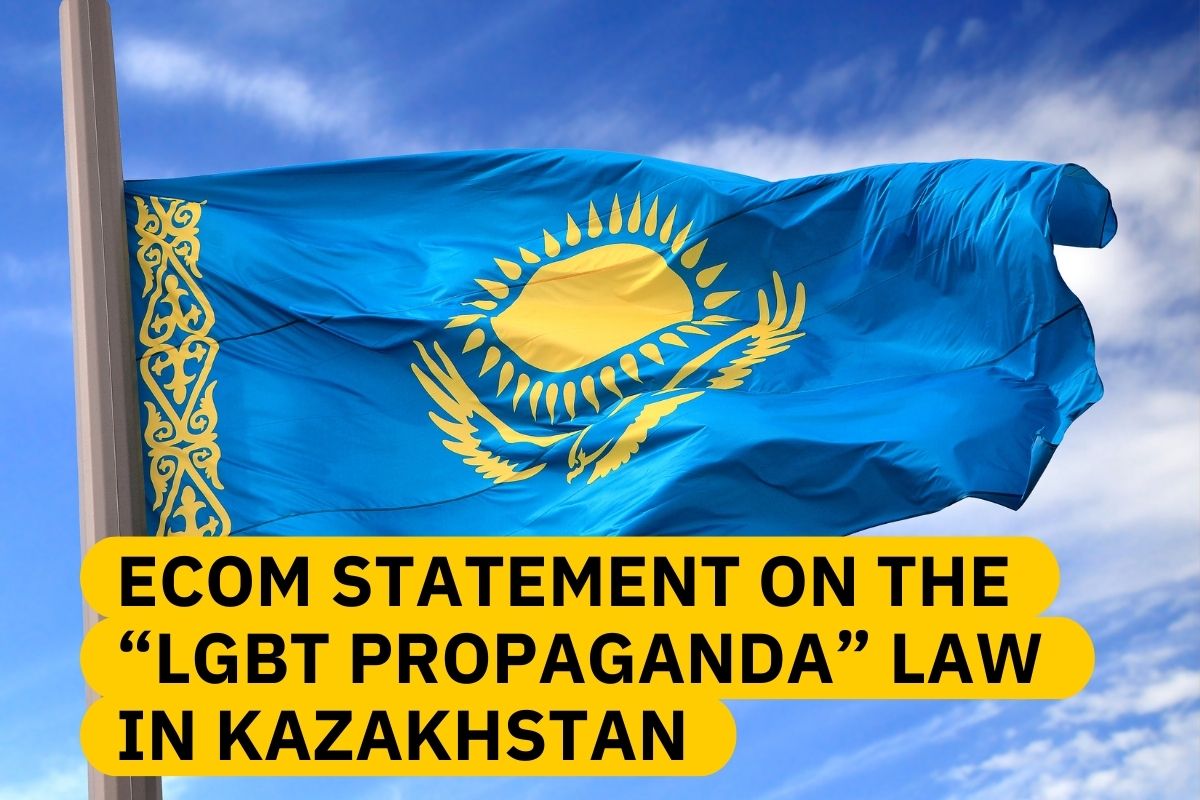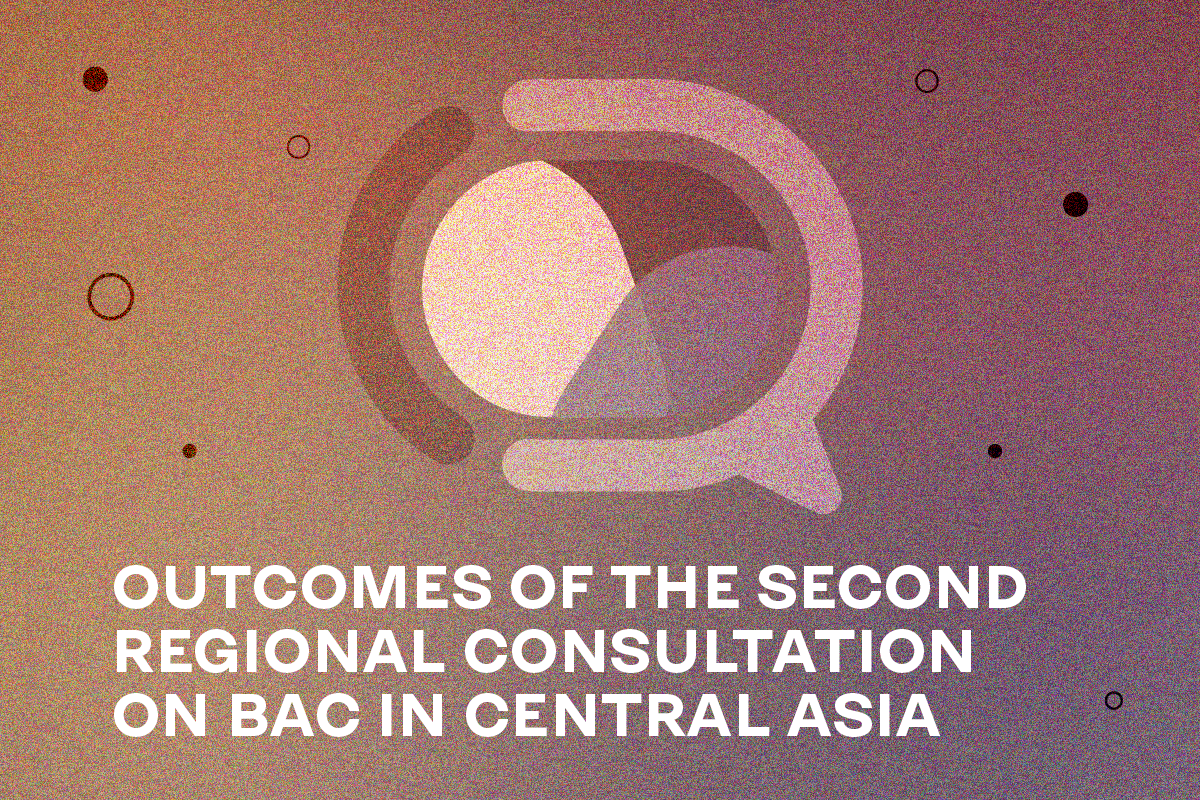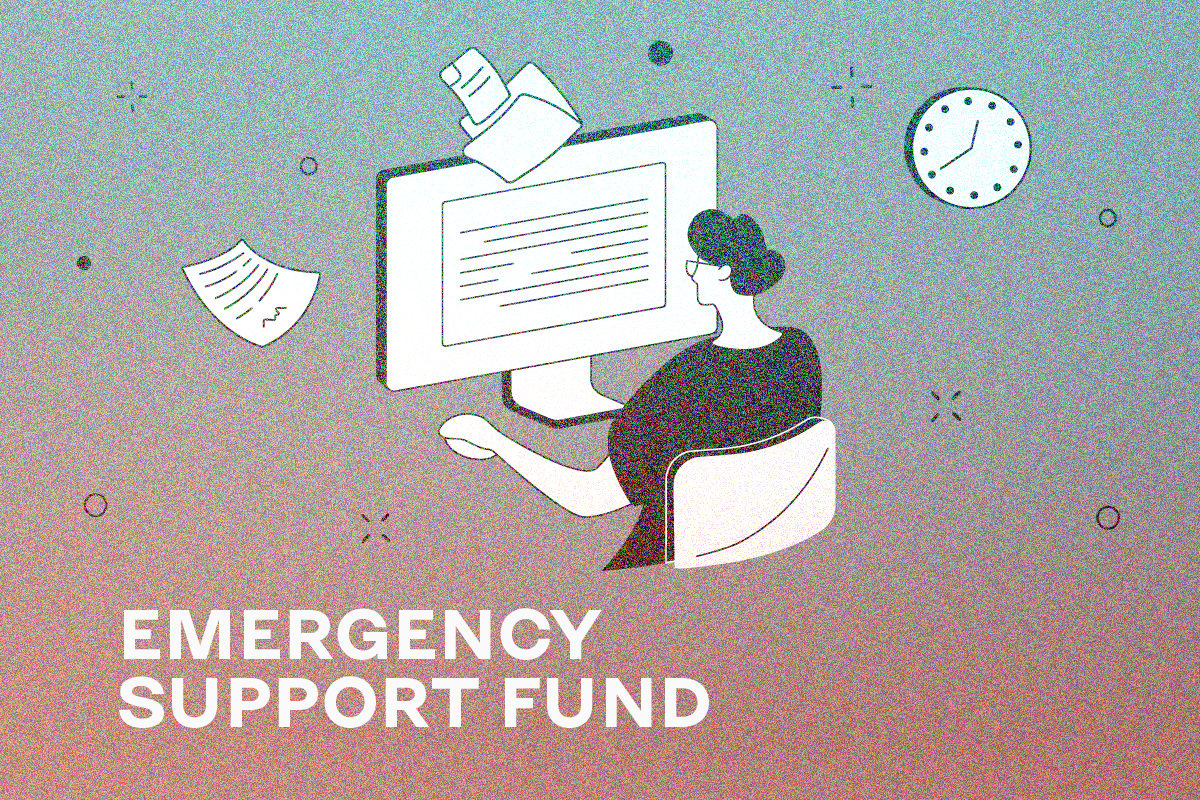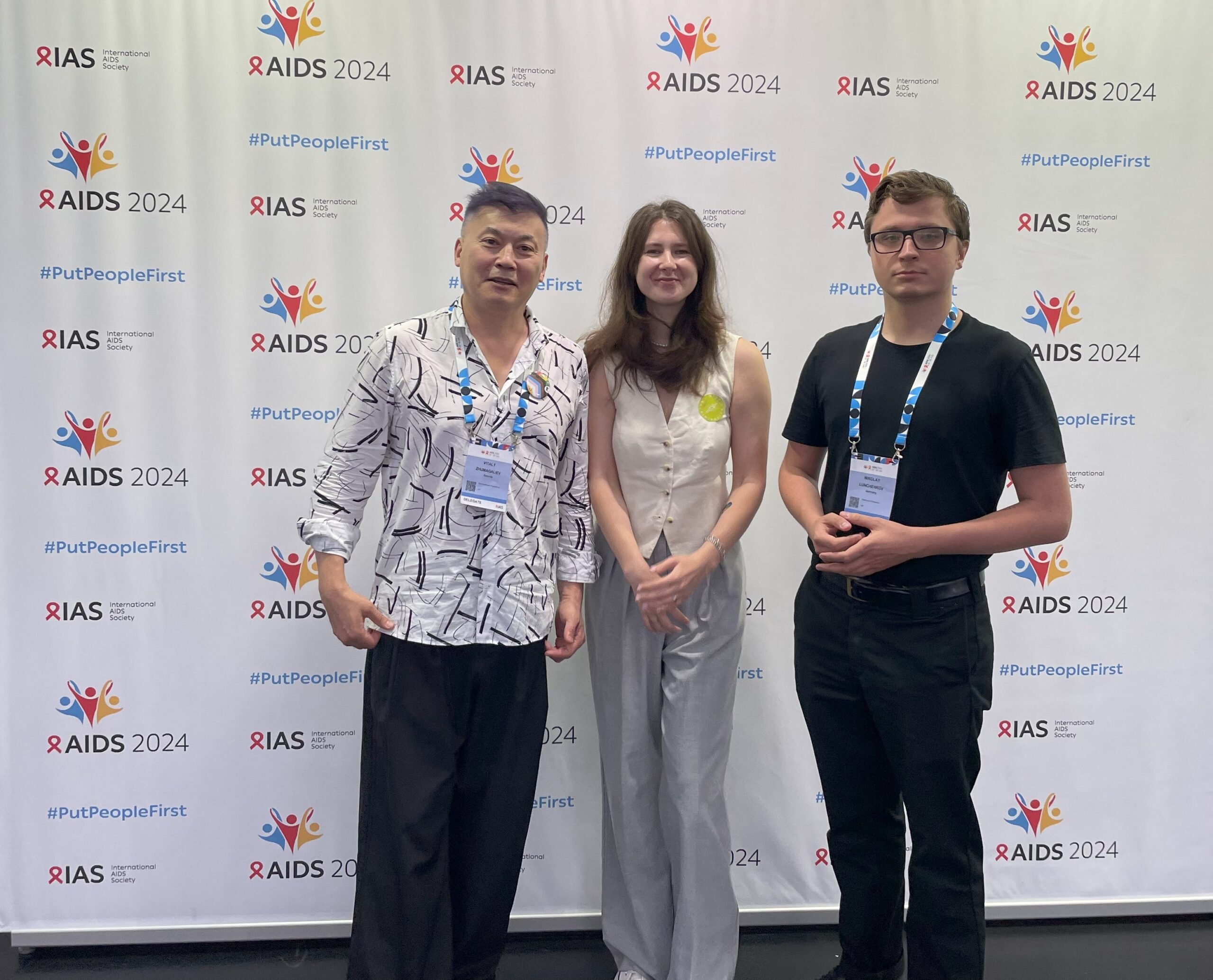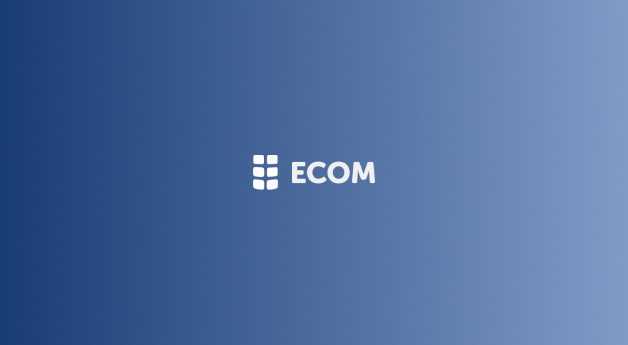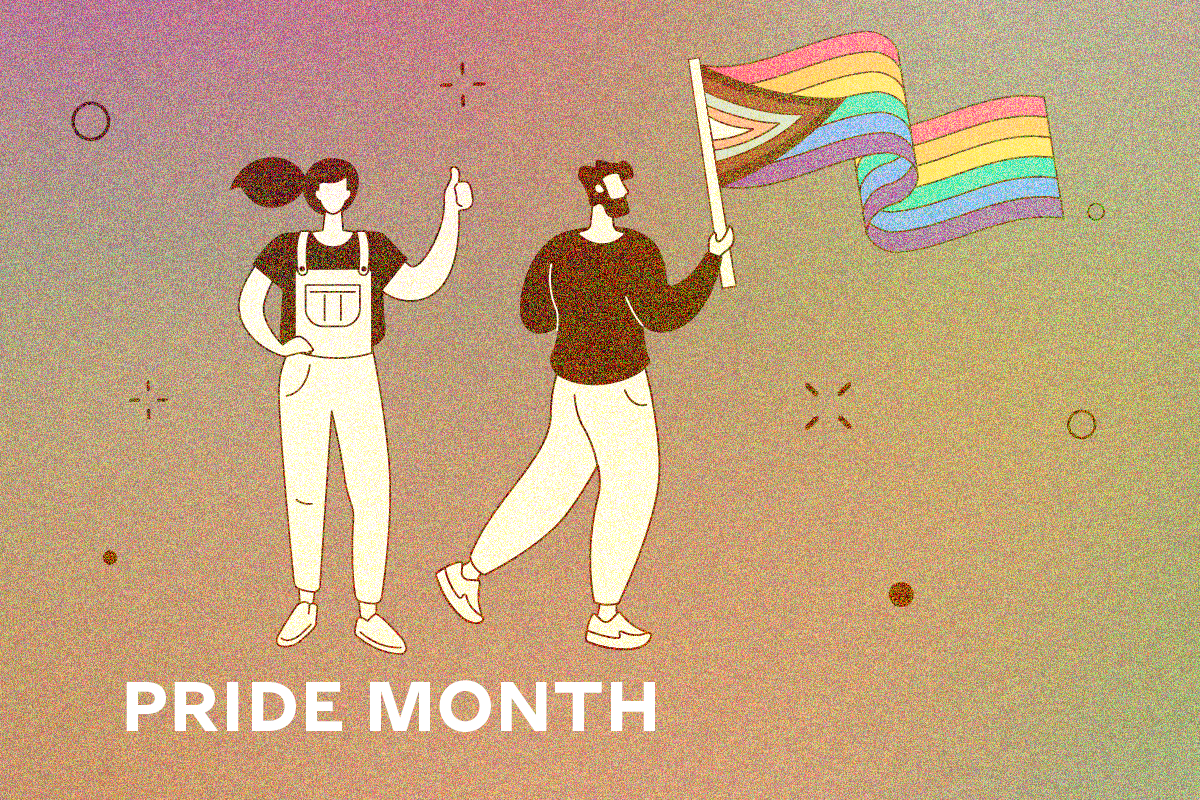“In the first months of the full-scale war, everyone was in a hurry to cover the urgent needs of people in Ukraine. But after some time it became clear that it was necessary to meet the possible needs of LGBT people, organizations and initiatives that could provide at least some stability. That’s why we conducted this study, the results of which will form the basis for further advocacy in the country, as well as fundraising for existing and emerging LGBT initiatives in Ukraine,” says Yuri Yoursky, ECOM Human Rights Coordinator and the author of the study.
“The results of the assessment showed that, despite all the losses, risks and difficulties caused by the war, ECOM partners in Ukraine were able to mobilize all forces and resources, as well as adapt their activities to the current needs of the LGBT community. In many ways, this was achieved thanks to the accumulated experience, willingness to change organizationally, team coordination, and, most importantly, flexibility and openness of donor organizations. It was the support of various donors that the participants of the study singled out as a key factor that made it possible to quickly respond and maintain the same quality level of work as in the “pre-war” period, and in some cases even surpass it. But it’s important to understand that the price of this kind of success is round-the-clock work and increased workload, a state of constant stress and emotional burnout. Psychological support for employees and activists from organizations is in demand — the principle “put your own oxygen mask on first before helping someone else” is more relevant in this case than ever before,” sums up Oksana Kovtun, the author of this study and ECOM Research and Data Analysis Consultant.
- Reductions in the number of regions in which operations have been carried out since the start of the war due to the closure of offices or the inability to provide full services in territories under temporary occupation or near the war zone.
- Re-profiling or expanding the activities of offices, primarily in safer regions of the country.
- Resumption of work in regions where the situation had stabilized at the time the assessment was carried out, following a temporary pause after the start of the war (for example, Kyiv, partially Odessa).
- The need to seek additional funding or transform the activities of NGOs due to the deterioration of economic well-being in general, and to limitations in resources to support public organizations in the post-war period in particular.
- Responding to humanitarian requests from clients and providing comprehensive assistance to clients.
- Strengthening and/or scaling up services aimed at maintaining and improving the psychological health of both clients and NGO staff.
- Actualization of the need for medical care, including the treatment of diseases associated with unsanitary living conditions and a low quality of life.
- A separate challenge for ECOM members and partners will be working in regions of active hostilities or those that were temporarily occupied, including due to the lack of experience in and knowledge about resuming NGO activities in such conditions.

